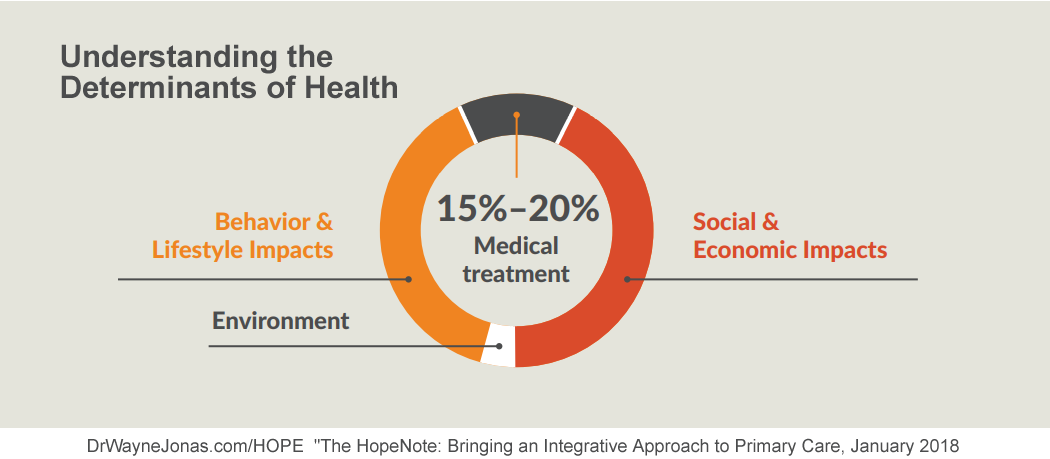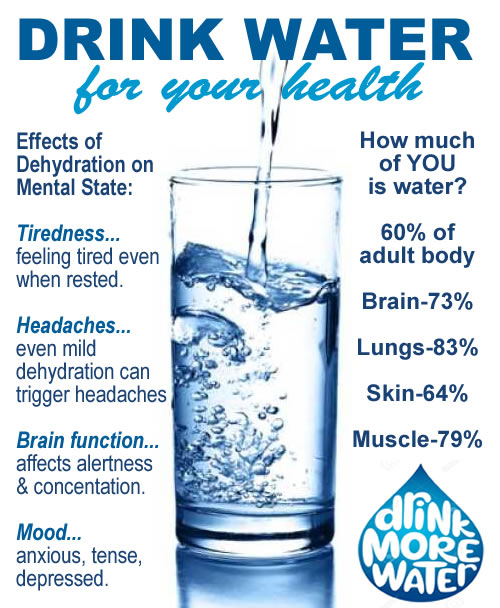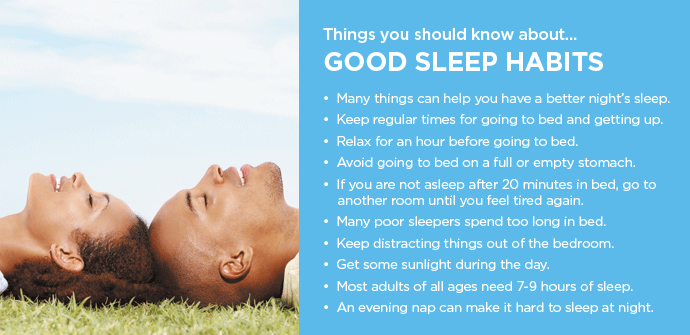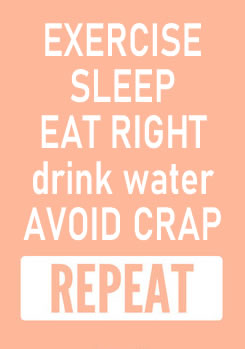|
Physical selfcare involves taking control of your physical self--
improving your health, fitness, and mood. All areas of physical selfcare are interconnected. "When you exercise, you increase the availability of brain chemicals that promote new brain connections, reduce stress, and improve sleep. And when we sleep, we reduce stress hormones that can be harmful to the brain, and we clear out proteins that injure it." (Dr. Kirk Daffner, a neurologist and director of the Center for Brain/Mind Medicine at Harvard-affiliated Brigham and Women's Hospital.) Sleep, exercise, mood, fitness, they all work off of each other. Improve one and you will see gains in other areas. 
YOU have more control of your physical wellbeing than your doctor!
Taking control through physical selfcare can "improve brain and immune function, reduce pain, slow aging and heart disease, help establish and maintain optimum weight and enhance well-being." What a list of payoffs! The HopeNote So where to start?
Exercise is connected to mental health, sleep, reduced chronic illness, weight control, strong bones and muscles. If you only have time to add one selfcare activity, make it exercise. Unfortunately, our culture doesn't provide enough movement or leisure time, you'll most likely need to build it in. Next look at how you can strengthen sleep, nutrition, your personal health knowledge, and risk avoidance-- all are a part of nurturing your physical self. Want to add an easy boost to physical selfcare? Drink more water, a goal of 8 glasses a day. Click for more information on how to determine your water intake. |
Skin test
The skin elasticity or turgor test can help you determine if you’re dehydrated. To perform the test:
When your nail bed is pinched, it blanches or whitens. This happens because blood is forced out. Normally, blood returns in two seconds or less. If you’re dehydrated, it may take longer for the area to return to a pink shade. To perform the test:
|
Exercise |
WHY: For mental health reasons, exercise improves mood and can help alleviate long-term depression. When exercising for mental health, a mood boost can be felt after 5 minutes. Exercise can also help you sleep better and keep you fit.
EXAMPLES: walking, cycling, participating in a sport, yoga GOAL: at least 30 minutes of exercise at least 5 times a week... you choose which type of exercise. Or, from the CDC, 2-1/2 hours of exercise each week... you break it down by time. Note, if your goal is mood improvement- start slow and don't go beyond the point where it's hard to talk. This is important if your goal in exercising is to improve mood, otherwise that immediate mood boost will be delayed 30 minutes. (American Psychological Association) About yoga- "even though yoga is not aerobic, some research finds it can be just as good as aerobic exercise for improving health. And strength? Yes. "It takes a lot of strength to hold your body in a balanced pose." (Web MD) Also don't forget the mental, emotional, and spiritual benefits of yoga. |
Rest |
Want to keep your brain sharp? Take a nap! A new study looked at the afternoon napping habits of more than 2,200 healthy adults in China. More than two-thirds of them reported taking a nap at least 5 minutes after lunch. All participants were given tests on mental skills, such as memory, naming, attention, and calculation. Those who took naps scored higher on all tests. But nap time mattered. Shorter, less frequent naps -- less than 30 minutes, 4 times a week -- led to the best results. So did scheduled naps, versus simply nodding off. Bottom line: You snooze, you win!
From All of Us Research Program |
Sleep |
WHY: Sleep is connected to mental health, and mental health is connected to sleep-- sleep problems are both a cause and a consequence of mental health problems.
HOW TO GET GOOD SLEEP: practice good sleep hygiene, get physical activity and sunlight during the day, avoid alcohol before bed, avoid caffeine during the last half of the day, don't eat too late, don't smoke. What is sleep hygiene?
|
Nutrition |
WHY: "what you eat directly affects the structure and function of your brain and, ultimately, your mood." (Harvard Health Publishing)
EXAMPLES of DOs and DON'Ts: Avoid- refined sugar and processed foods Eat more- fruits, vegetables, unprocessed grains, fish, seafood, and moderate amounts of lean meat and dairy. TRY THIS: Try cutting out all processed food and sugar for two weeks. See how much better you feel physically and emotionally. Note- be careful of diets that eliminate one food group and embrace another. If the diet is difficult to follow, it will be difficult to maintain, leading to feelings of failure and abandoning your goal. Click here for more info on Nutritional Psychology, Your Brain on Food. |
Health Literacy |
WHAT IS IT? Health literacy is your ability to find, understand, and use information and services to inform your
health-related decisions. It also includes being able to distinguish between good and bad information... important when so many are relying on Dr. Google for their medical advice! HOW DOES THIS HELP? Knowing your health-- understanding the implications of various factors and choices-- empowers you to take control of your health. And empowerment is key to strengthening your mental health. WHERE TO START?
|
Risk Avoidance |
WHAT IS IT? Simply put, risk avoidance is avoiding or reducing those activities that are going to mess you up.
HOW DOES THIS HELP? Again, in avoiding risks you are taking control of your health and safety. The lack of control is a major stressor, regaining control is a step toward strengthening our state of being. EXAMPLES of risk avoidance:
|



